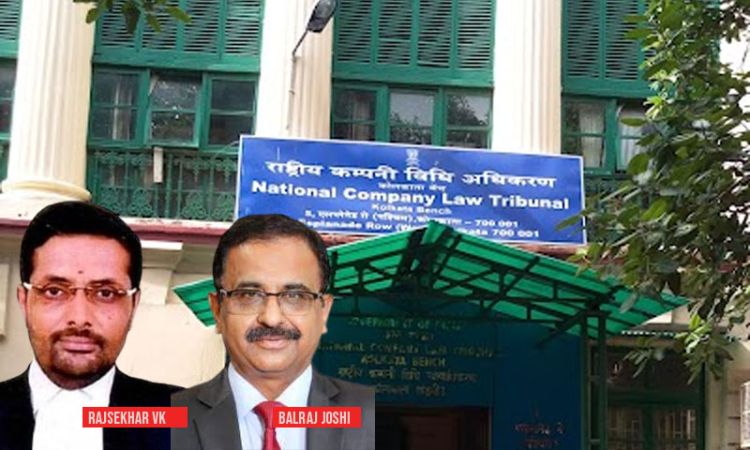IBC AND RBI Guidelines Are 'Disjoint Sets', "There Is No Question Of One Prevailing Over The Other": NCLT Kolkata Dismisses Application Filed By SREI Ex Promoter Hemant Kanoria
Pallavi Mishra
20 May 2022 8:25 PM IST

Next Story
20 May 2022 8:25 PM IST
